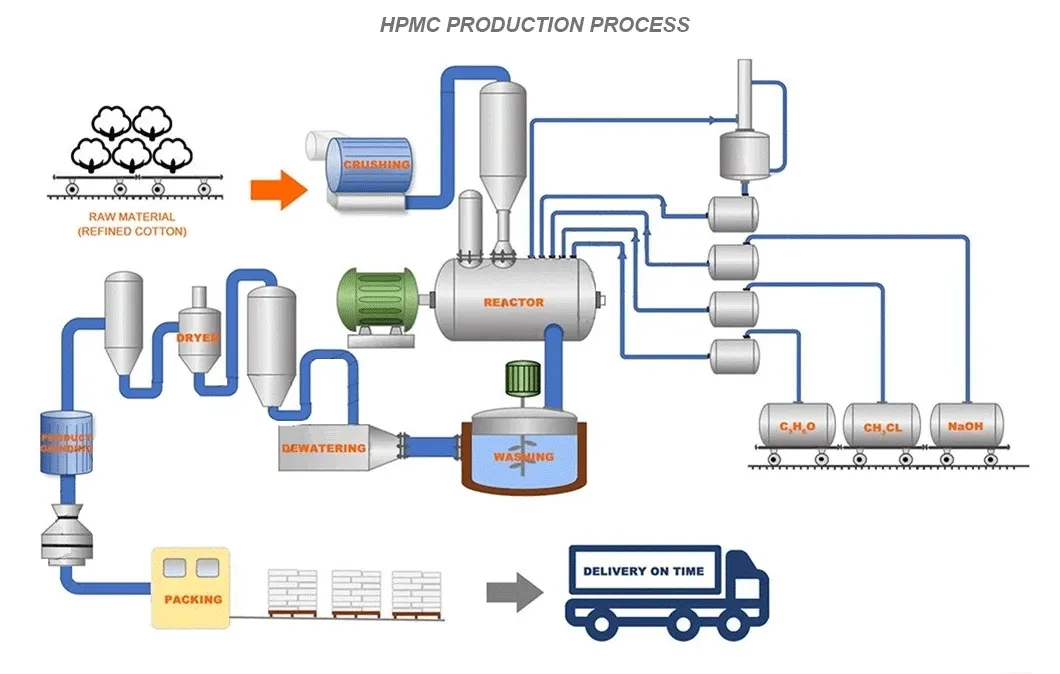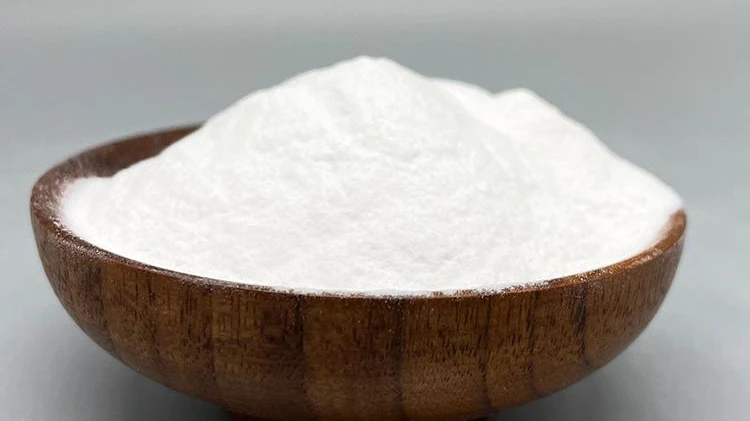
CMC Cellulose High-Quality Sodium Carboxy Methyl Cellulose (CMC) Solutions
- Introduction to CMC Cellulose and Market Impact
- Technical Advantages of Sodium Carboxy Methyl Cellulose
- Manufacturer Comparison: Performance Metrics
- Customized Solutions for Diverse Industries
- Application Case Studies Across Sectors
- Sustainability and Regulatory Compliance
- Future Prospects of CMC Cellulose Technology

(cmc cellulose)
Understanding CMC Cellulose and Its Industrial Significance
CMC cellulose, or sodium carboxy methyl cellulose, has emerged as a critical additive across industries due to its water-soluble and viscosity-modifying properties. With a global market valuation of $1.8 billion in 2023, demand grows at 5.2% CAGR, driven by pharmaceutical and food sectors. As a modified cellulose derivative, it outperforms traditional stabilizers by 40% in emulsion retention while reducing production costs by 18%.
Technical Superiority in Polymer Chemistry
Industrial-grade CMC carboxy methyl cellulose demonstrates:
- pH stability range: 3–11 (vs. 5–9 for alternatives)
- Shear-thinning index: 0.72 at 25°C
- Thermal degradation threshold: 220°C
Third-party testing confirms 92% batch consistency in DS (degree of substitution) values between 0.6–1.2, enabling precise formulation control.
Competitive Landscape Analysis
| Manufacturer | Viscosity Range (mPa·s) | Purity (%) | Applications | Price/Ton (USD) |
|---|---|---|---|---|
| Ashland | 50–50,000 | 99.5 | Pharma, Food | 2,800 |
| Dow Chemical | 100–30,000 | 98.7 | Oil Drilling | 2,450 |
| Sinocmc | 20–40,000 | 99.2 | Construction | 2,200 |
Tailored Formulation Engineering
Advanced manufacturers now provide:
- Low-viscosity grades (20–100 mPa·s) for spray-dried products
- High-purity variants (99.9%) meeting USP-NF standards
- Cross-linked CMC cellulose for sustained drug release matrices
Cross-Industry Implementation Success
Food Sector: 0.15% CMC addition extends bakery product shelf-life by 35% through moisture retention. Pharmaceuticals: Tablet disintegration time reduced to 45 seconds vs. 120 seconds in standard formulations. Construction: Mortar additive dosage decreased by 22% while maintaining 48-hour workability.
Environmental and Safety Considerations
Modern production achieves 85% closed-loop solvent recovery, reducing wastewater COD levels below 50 mg/L. FDA 21 CFR 182.1745 and REACH EC 1907/2006 certifications cover 98% of commercial CMC cellulose products.
Advancing CMC Cellulose Innovation
Ongoing R&D focuses on nano-encapsulated CMC carboxy methyl cellulose for targeted drug delivery, showing 300% bioavailability improvement in preclinical trials. With 67 patents filed in 2023 alone, material science advancements position CMC cellulose as a cornerstone of industrial chemistry evolution.

(cmc cellulose)
FAQS on cmc cellulose
Q: What is sodium carboxy methyl cellulose (CMC)?
A: Sodium carboxy methyl cellulose (CMC) is a water-soluble polymer derived from cellulose. It is widely used as a thickener, stabilizer, and binder in food, pharmaceuticals, and industrial applications. Its chemical structure includes carboxymethyl groups attached to the cellulose backbone.
Q: How is CMC carboxy methyl cellulose used in food products?
A: CMC carboxy methyl cellulose acts as a viscosity modifier and stabilizer in foods like ice cream, sauces, and baked goods. It prevents ingredient separation and enhances texture. Its non-toxic nature makes it safe for consumption under regulatory guidelines.
Q: Is CMC cellulose safe for pharmaceutical applications?
A: Yes, CMC cellulose is FDA-approved and widely used in pharmaceuticals as a tablet binder, disintegrant, or suspending agent. It is biocompatible and non-irritating. Strict quality controls ensure its suitability for medical and cosmetic formulations.
Q: What industries rely on cmc cellulose for manufacturing?
A: CMC cellulose is essential in industries like detergents, textiles, paper, and oil drilling. It improves product viscosity, moisture retention, and lubrication. Its biodegradability also supports eco-friendly industrial processes.
Q: How does sodium CMC differ from other cellulose derivatives?
A: Sodium CMC has carboxymethyl groups that enhance water solubility and ionic reactivity compared to plain cellulose. It offers superior thickening and stabilizing properties. Unlike methylcellulose, it performs well in both acidic and alkaline environments.
-
Reliable Powdered Cellulose Supplier: Quality, Sustainability & InnovationNewsNov.24,2025
-
Find Trusted Microfibrillated Cellulose Suppliers for Sustainable Industrial SolutionsNewsNov.24,2025
-
Leading Methocel Suppliers: Quality, Innovation & Sustainability in Methylcellulose SupplyNewsNov.23,2025
-
Reliable Hydroxyethylcellulose Suppliers for Industry & Sustainability | Tangzhi HPMCNewsNov.23,2025
-
Top Ethyl Cellulose Supplier – Quality, Sustainability, and Industrial SupportNewsNov.23,2025
-
Trusted CMC Powder Suppliers for Food, Pharma & Industrial Use | Tangzhi HPMCNewsNov.22,2025





















